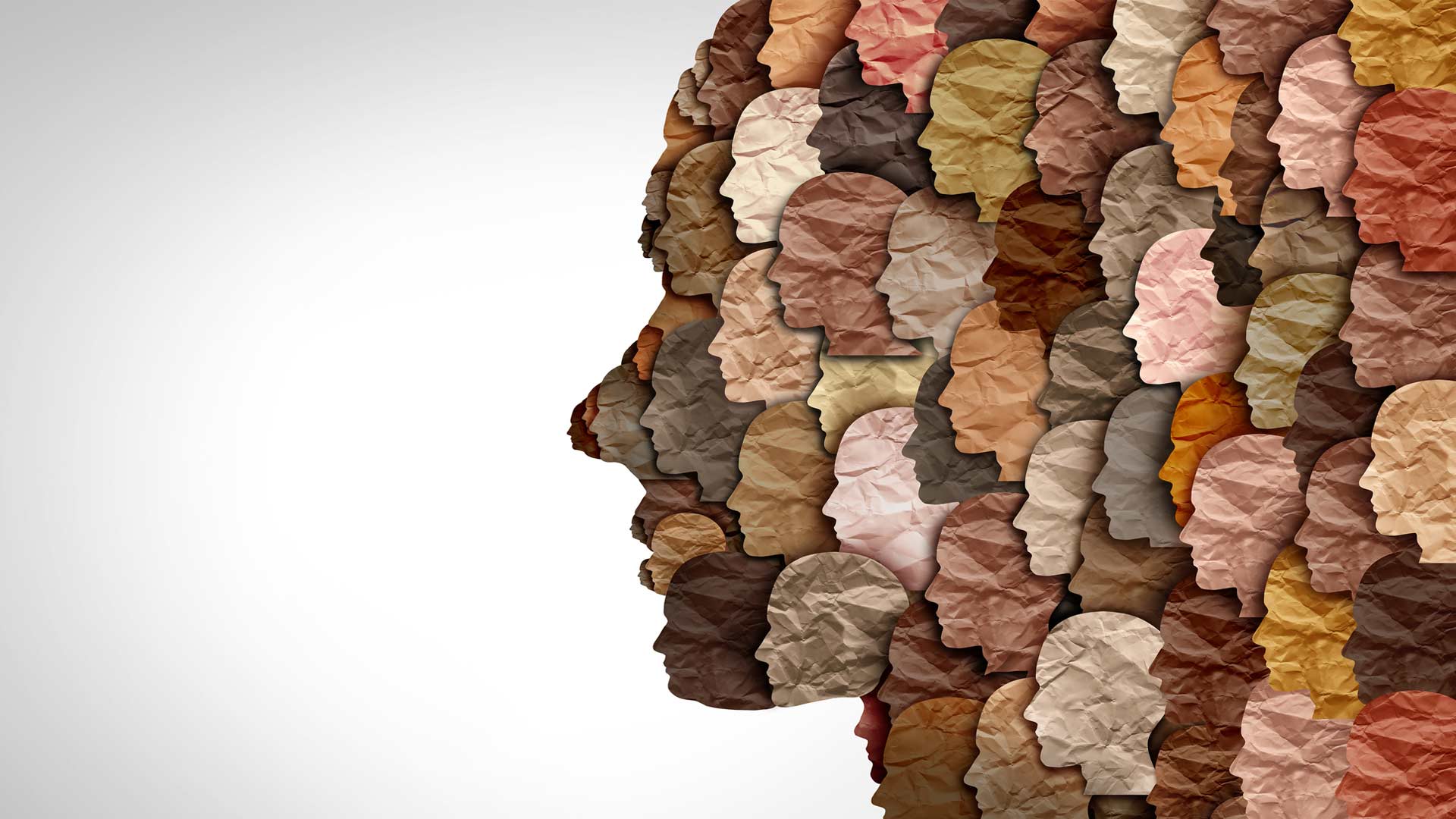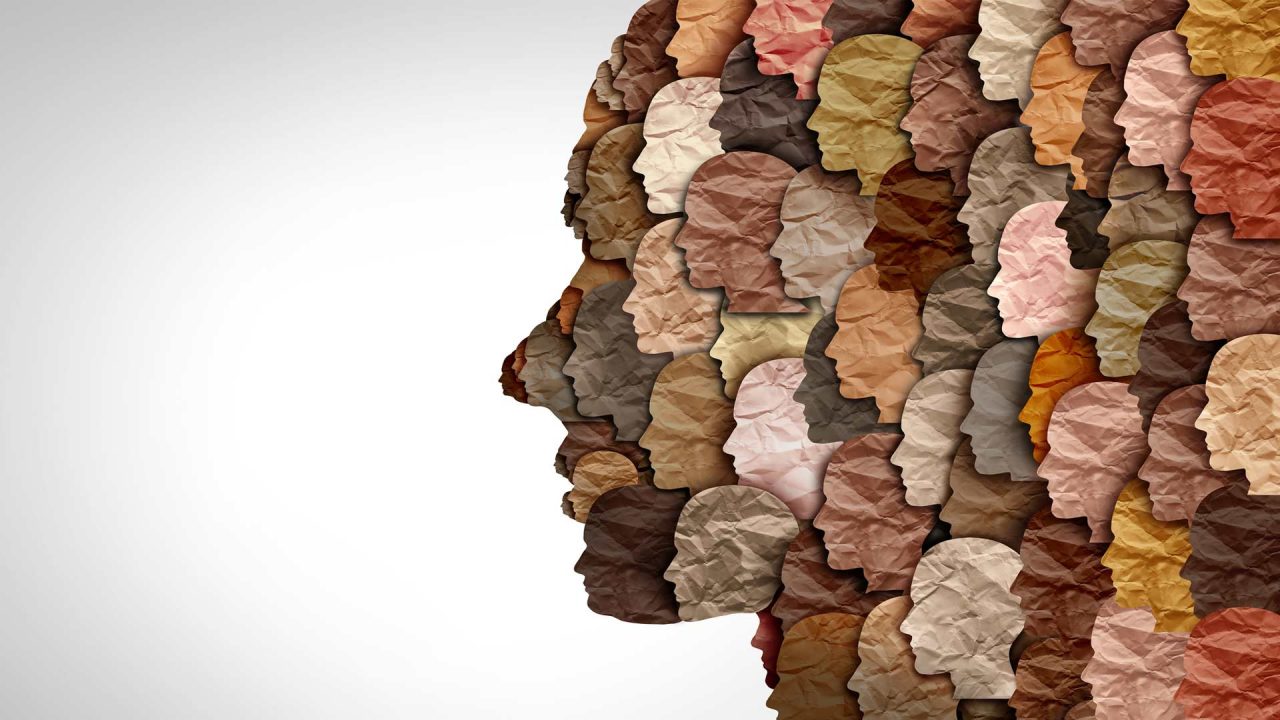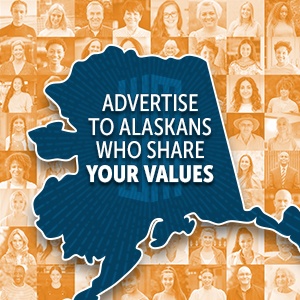
The charges of white privilege, systemic racism and critical race theories are tearing our country apart and far from a reality. As a result, many in our country blame multiculturalism as a main cause and source of these three dysfunctional socio-political diversions, introduced by Progressive activists/leftists, from the facts and from true cultural landscape in our country.
My former colleague and friend, Emeritus Professor of Anthropology Wallace M. Olson (1932–2015), elegantly addressed the issues of multiculturalism in his Foreword in my book “Old Russia in Modern America: Living Traditions of the Russian Old Believers.” Below is a summary of Olson’s essay. I am a copyright holder of Olson’s Foreword in my book, with the rights to use it for educational purposes. Below, I have edited and compiled Olson’s main points.
Some early theories in anthropology and philosophy, such as unilineal evolution, have proven to be inadequate and even misleading.
“As social scientists, anthropologists attempt to formulate theories that help us understand and compare societies and their cultures. These theories must be tested and evaluated against the data through field investigation or historical research. This testing of theories is critical in the areas of culture change and applied anthropology, where government agencies try to assist those undergoing socio-cultural change resulting from external pressure by dominant cultures. Efforts may fail and large amounts of resources can be wasted on projects based on a flawed or otherwise inaccurate theory.
Some early theories in anthropology and philosophy, such as unilineal evolution, have proven to be inadequate and even misleading. We now know that societies do not progress through the same stages of cultural change. Structural-functional theories emphasize the integration of culture by showing how technology and economics, social and political systems, and beliefs and values influence each other. According to this way of looking at societies, as one part of the system changes, such as the economic condition, the social organization and religion will eventually adjust to the new situation.
Recent research shows that societies respond to new situations, experiences, or challenges in various ways. For example, in the United States we say that our goal is to have all citizens assimilate or blend into a cohesive socio-economic union, commonly known as the “melting pot” society.
A “melting pot” is a country, place or region in which immigrants of various nationalities and races are assimilated with a dominant culture [Dolitsky].
The case of the Russian Orthodox Old Believers in Alaska highlights the importance that people place on their beliefs, worship practices, and traditions.
But, in fact, many ethnic and religious groups have not “melted” into the mainstream. In reality, historically, prejudice and discrimination against ethnic and religious minorities have been widespread in the United States. The fact is that many people have been denied access to the benefits of life in America. Throughout the history of this country, we have demanded that our indigenous peoples—American Indians and Alaska Natives—give up their land, their traditional hunting, fishing, farming, subsistence activities, their family life, their beliefs and rites for a “more civilized way.”
Missionaries and government agencies have worked hard to eradicate many of the ancient traditions and cultures in the Arctic, a vast region shared by the circumpolar countries. But what has this policy done for these people besides leave them much worse off than before? In response, some groups have preferred to keep themselves separate from the dominant society; and some groups feel that they benefit much more from their separatism than by abandoning their traditional ways.
The case of the Russian Orthodox Old Believers in Alaska highlights the importance that people place on their beliefs, worship practices, and traditions. Old Believers find strength and security in their belief that they are following God’s plan. Outsiders may look at them as unusual or “backward” and try to force them into a new lifestyle that conforms with the dominant society. In response, Old Believers have established what is known in modern anthropological theory as “boundary maintaining systems.” That is, they have found ways to keep themselves separate and distinct from the dominant society. People build social boundaries by maintaining and preserving their own native language, appearance, foods and, most of all, their own traditional religious beliefs and practices.
…while seeking unity, we should not fail to respect the rights of those who prefer to follow their traditional customs, religious beliefs and practices.
In the past, Russian Old Believers took the only option left to them if they wished to keep their faith and practices—they moved to new and remote locations. They fled their homeland to avoid persecution by hostile neighbors and oppressive governments. Some have remained in the former Soviet Union’s republics while others moved to the United States—Oregon and Alaska. The latter are a vivid example of people who are willing to give up nearly everything for their religious principles and cultural traditions. In Alaska, some feel that they have finally found a home.
The drive of dominant cultures to transform others by attacking and insulting their traditional cultures, with the dominant cultures values and beliefs, has resulted in social and psychological disaster in many regions of the world, including our own state—Alaska. The process has been based on the false assumption that the dominant and technologically-advanced culture is superior to all others. What we have to face and recognize in our public policy and planning is that we live in a pluralistic society in which we must respect the rights and cultural traditions of all people, even if they are distinctly different from our own.
ALASKA WATCHMAN DIRECT TO YOUR INBOX
There is beauty in diversity. On our national coinage is the inscription E pluribus Unum—from many to one. In theory and practice, while seeking unity, we should not fail to respect the rights of those who prefer to follow their traditional customs, religious beliefs and practices.”
In his new book “Facing Reality: Two Truths about Race in America,” Charles Murray, a prominent American sociologist, stated: “America’s most precious ideal is what used to be known as the American Creed: People are not to be judged by where they came from, what social class they come from, or by race, color, or creed. They must be judged as individuals. The prevailing Progressive ideology repudiates that ideal, demanding instead that the state should judge people by their race, social origins, religion, sex, and sexual orientation.
“We on the center left and center right who are the American Creed’s natural defenders have painted ourselves into a corner. We have been unwilling to say openly that different groups have significant group differences. Since we have not been willing to say that, we have been left defenseless against the claims that racism is to blame. What else could it be? We have been afraid to answer. We must. “Facing Reality” is a step in that direction.”
The views expressed here are those of the author.








9 Comments
The paragraphs are thoughtful and perhaps true if not universal. My family includes nordic cultures and early American founders values melded and contrasted. For example the ownership of weapons. My great Grandfather knew our founding documents, battles, and values and procured weapons for his children as his duty. European granddad’s were pacifists but tough Lutherans and never carried weapons. The woke culture would just say white culture and that’s what they want my kids to be taught.
Meh, a simplistic attempt to grind an old axe. The author(s) seem incapable of recognizing –let alone assessing– the broader dynamics that are reshaping global and North American identities, cultures, hierarchies, fears, ad infinitum.
To Mark David Spence: Please be more specific.
Don’t have the time, but the singularity that is attributed to an amorphous “dominant culture” deserves more nuance. Because my perspective is grounded in multiple Indigenous ancestries, I also have problems with overarching references to race and racial actions (whether “dominant,” or otherwise).
To Mark David Spencer: Wow, what a statement!! Find the time to explain your position if you challenge other professionals. Yes, I and other authors are very capable to understand and appreciate ethnic diversity. Dr. Wallace Olson was a liberal person, married to a prominent Tlingit woman, Marry Olson. His foreword in my book addresses important social issues whether someone agrees with his position or not. But Wallace Olson was not an extreme Left, as most anthropologists and historians in our academia today, including YOU. I introduced Olson’s foreword in my piece to demonstrate that multiculturalism and/or ethnic diversity in our country are not responsible for the “white privilege,” “systemic racism,” and “critical race theory” nonsense, created by Progressive activists/leftists. Are you capable to understand that?
While I enjoy reading the academic perspectives, I have a far simpler position. Two conditions that come to mind are fear and sin. Fear of what is foreign and different, leading to hostility, avoidance, and rejection. Sin, in that we are all of the human race, all created in God’s image, and commanded to love God our creator and one another. Certainly all through history there has been huge failure in the later and lots of interaction and behavior dictated by the former.
There is only one race, the Human Race.
Do not focus on what divides us..
-United We Stand..
-Divided..
I prefer to focus on our many manifestations, as opposed to a notion of all-the-same singularity. A fundamental principle for all life on earth is this: Diversity is the key to collective resilience.
To Mark David Spencer: Wow, what a statement!! Find the time to explain your position if you challenge other professionals. Yes, I and other authors are very capable to understand and appreciate ethnic diversity. Dr. Wallace Olson was a liberal person, married to a prominent Tlingit woman, Marry Olson. His foreword in my book addresses important social issues whether someone agrees with his position or not. But Wallace Olson was not an extreme Left, as most anthropologists and historians in our academia today, including YOU. I introduced Olson’s foreword in my piece to demonstrate that multiculturalism and/or ethnic diversity in our country are not responsible for the “white privilege,” “systemic racism,” and “critical race theory” nonsense, created by Progressive activists/leftists. Are you capable to understand that?